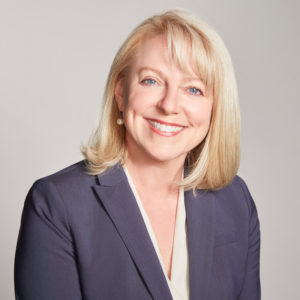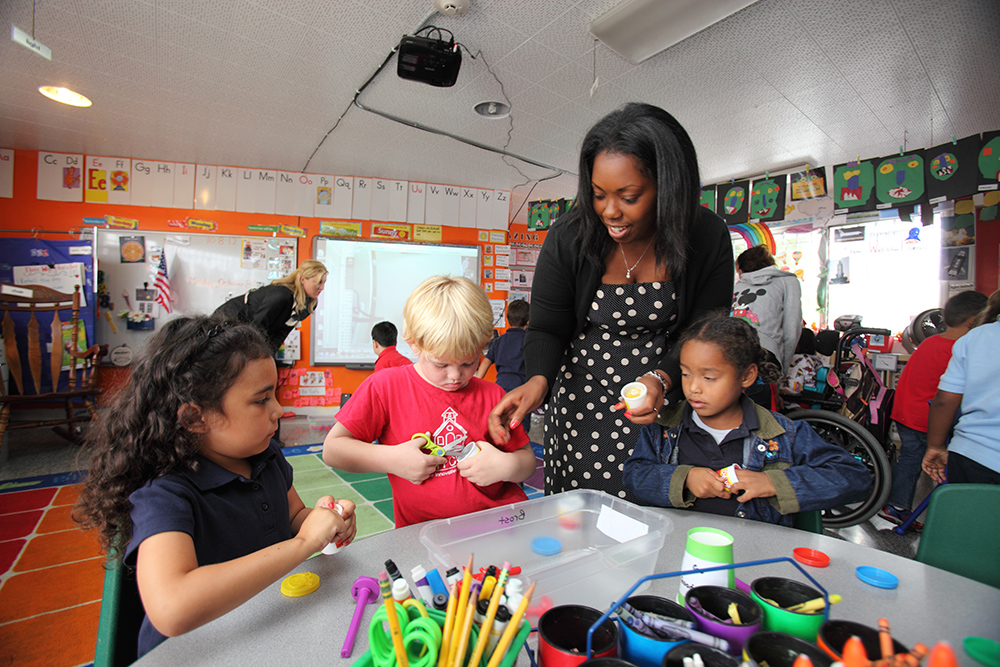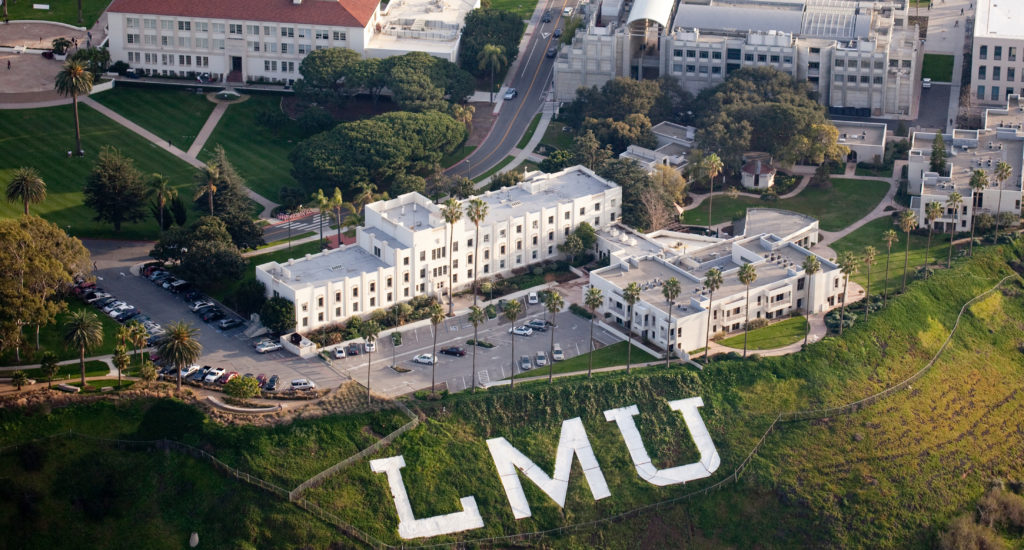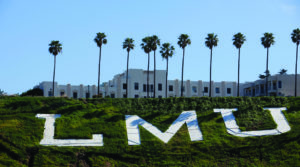Dean’s Notes is a periodic feature of LMU This Week where the university’s academic leaders share their perspectives with the community. The deans of LMU’s seven schools and colleges will provide updates on priorities, policies, events, challenges, and areas of interest.

Michelle D. Young, dean of the LMU School of Education, writes:
It’s an understatement to say that my first year as dean of LMU School of Education is one for the books. When I arrived in July 2020, we were a few months into COVID-19, which forced the closure of our campus and of the schools where our students train to become teachers, leaders, and counselors.
But from my first moments on the job, I’ve been thoroughly impressed by how the SOE has demonstrated leadership during the pandemic’s challenges. We have long been early adopters of innovative teaching practices, including distance learning, and our experienced faculty have passed along this expertise to our students. They, in turn, have used these tools and methods with great success in their own virtual classrooms and professional practices.
In addition, our tech-forward iDEAL Institute has helped schools, districts, and networks across California transition smoothly to remote instruction, and we’ve established a virtual tutoring service for PK-12 students from underserved communities who attend our Family of Schools. We’ve also extended the reach of the SOE’s deep expertise in social-emotional learning to our students and field partners, and the communities they serve. All of these efforts demonstrate our expertise, our value to the field, and our determination to live out our core principles.
In addition, we at SOE have been clear during the past year that we don’t want to return to the pre-pandemic “normal” of in-person learning. With its focus on teaching to the middle, on managing time spent on subjects versus managing learning, and a “deficit” or remedial model of instruction — in which extra class time is the primary tool used to “catch up” students who are not performing at grade level — our educational system does a disservice to all students and to underserved students in particular. It’s a system that perpetuates inequality, and it puts underserved students at even more risk, as they’ve suffered disproportionately during COVID-19. Professor Ernesto Colín summed up these challenges well in LMU’s Off-Press podcast: “The pandemic has revealed the fissures we have in education settings and amplified all of those.”
Our intent is to flip the script on how we think about our students so we can design schools that serve them better. By focusing on the strengths that they bring to their learning — versus how to “fix” what we have framed as their deficits — how can we shift the ways that we teach and support them? What have we, as educators, learned during the pandemic that we should apply in our classrooms from now on?
What we know already is that individualized instruction will be a key practice in accelerating learning among all students. This practice involves looking closely at what students know and putting their strengths and abilities at the center of focus (versus “teaching to the middle”), and prioritizing resources like staffing and scheduling of class time from that lens. Every teaching session starts with a pretest, to help teachers assess where students are, and they can use asynchronous or independent work time to catch students up. Research indicates that individualized instruction is not just a more effective teaching strategy, it is also an anti-racist educational strategy, as students of color are disproportionately served by outdated “remedial” classes and teaching methods.
Moving forward, our intention is to prepare educational professionals to offer these and other innovative, research-based teaching methods to their future students. We also intend to work with our Family of Schools and other partners to pilot new teaching methods. Such efforts will allow us to contribute to the body of knowledge in these practices, so that schools everywhere have a chance to improve based on what we learn.
I’m thrilled to be leading SOE during this period of radical transformation in education. As schools across the country make plans to reopen, we are more committed than ever to reimagining and remaking educational communities that benefit all students, their families, and the educators who serve them. Though I have not met many of the LMU community face to face yet, I thank everyone for a warm welcome, and am eager for the day when we can connect in person so we can deepen our relationships and continue our shared work in earnest.




